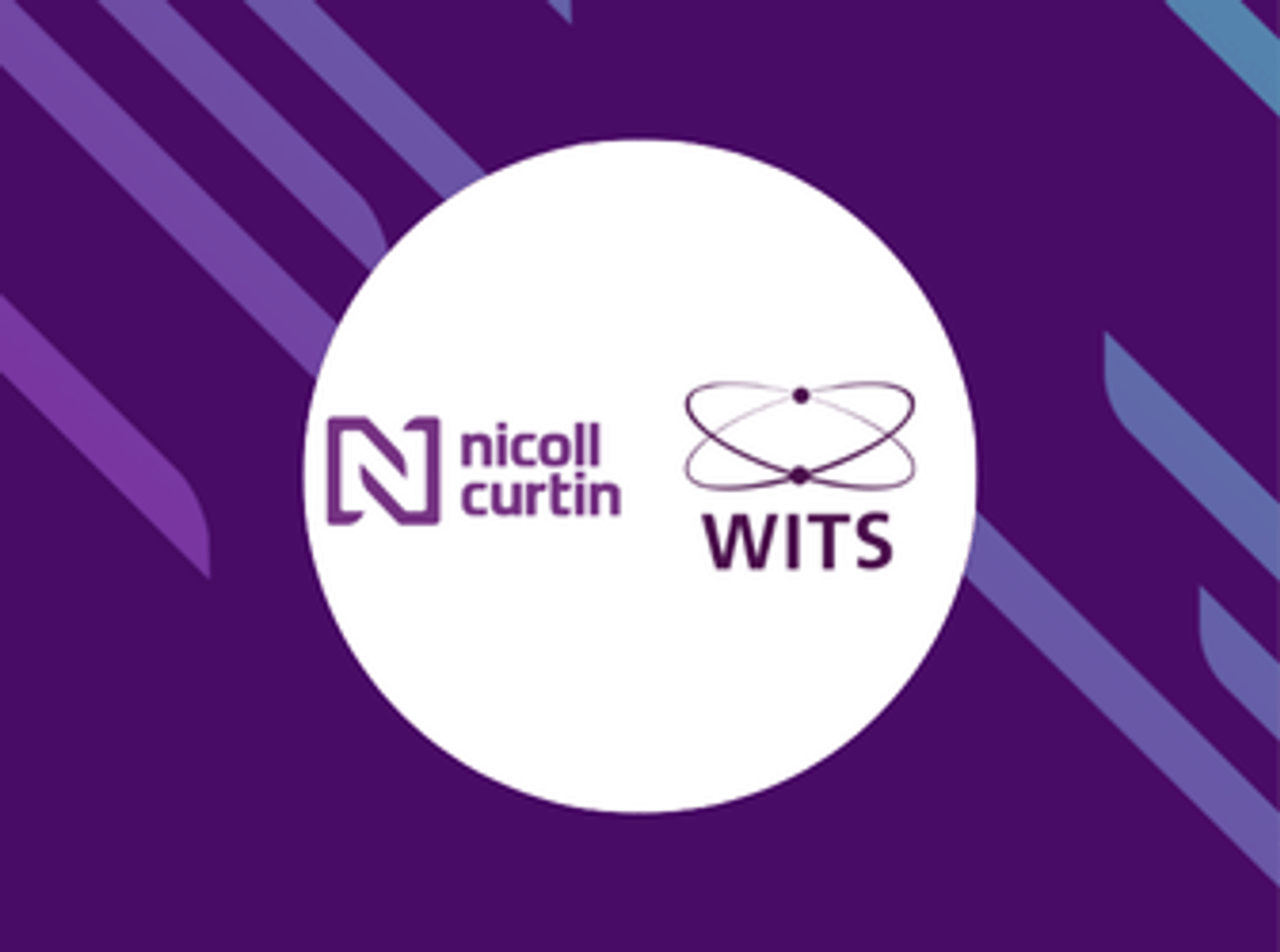Artificial Intelligence (AI) is reshaping tech teams worldwide, and its impact on the job market is undeniable. While there is concern about automation replacing jobs, AI’s true potential lies in its ability to augment human capabilities. This shift presents a unique opportunity for businesses and tech professionals alike.
The rise of soft skills
The demand for AI talent is surging. Across the globe, the top five to six most in-demand skills are expected to change, meaning that a staggering 68% of jobs will be transformed due to AI. Therefore, when we talk about skills, it's no longer solely about what someone can do today, but rather the skills they will need to thrive tomorrow.
Technical skills alone are no longer sufficient. Companies are seeking individuals who possess a strong blend of technical expertise and soft skills. These skills, such as critical thinking, problem-solving, communication, empathy, and adaptability, are essential for success in the era of AI.
7 ways to assess soft skills in the recruitment process
Evaluating soft skills can be subjective and challenging. It’s crucial for hiring managers and talent teams to have a structured approach in order to assess candidates effectively. Organisations can also implement soft skill assessment tools to determine the candidate’s ability in specific soft skills tests. These are some strategies companies can focus on during the hiring process:
1. Behavioural interviewing
Focus on past experiences to predict future behaviour. Ask targeted questions to assess communication, problem-solving, teamwork, adaptability, and decision-making.
2. Observational methods
Observe candidates in group settings or simulated scenarios to evaluate teamwork, collaboration, leadership, conflict resolution, and problem-solving skills.
3. Evaluative tools
Utilise personality assessments, reference checks, and skills assessments to gain insights into work ethic, emotional intelligence, teamwork, and communication.
4. Work product analysis
Examine previous work products to assess communication, problem-solving, creativity, attention to detail, and time management. You can also ask for work samples, which offer tangible evidence of a candidate's abilities.
5. Situational assessment
Present hypothetical work situations to assess decision-making, problem-solving, judgment, and ethical behaviour. These tests can help predict how candidates might handle challenges in the workplace.
6. Case studies
Present real-world business challenges to evaluate problem-solving, critical thinking, decision-making, and communication skills. Ask the candidates to analyse information, develop solutions, and articulate their reasoning.
7. Observation
Pay close attention to a candidate's behaviour throughout the hiring process to evaluate communication, interpersonal skills, professionalism, and enthusiasm.
AI is a powerful tool, however, it lacks human intuition and ethical judgment. That is why human oversight is crucial for responsible AI implementation. As the tech industry continues to evolve, staying updated with the latest trends and acquiring the necessary skills is crucial for businesses to remain competitive. By prioritising both technical expertise and soft skills, companies can effectively attract and retain top tech talent.
Are you looking for top-tier AI talent or your next tech challenge? Nicoll Curtin specialises in connecting outstanding talent with sector-leading companies. Let's discuss how we can help you navigate the complexities of the AI landscape.









